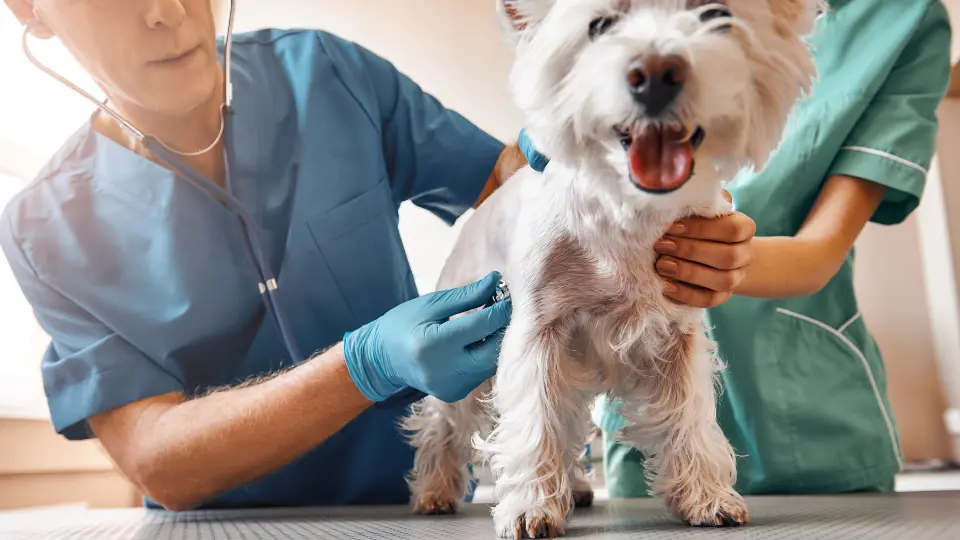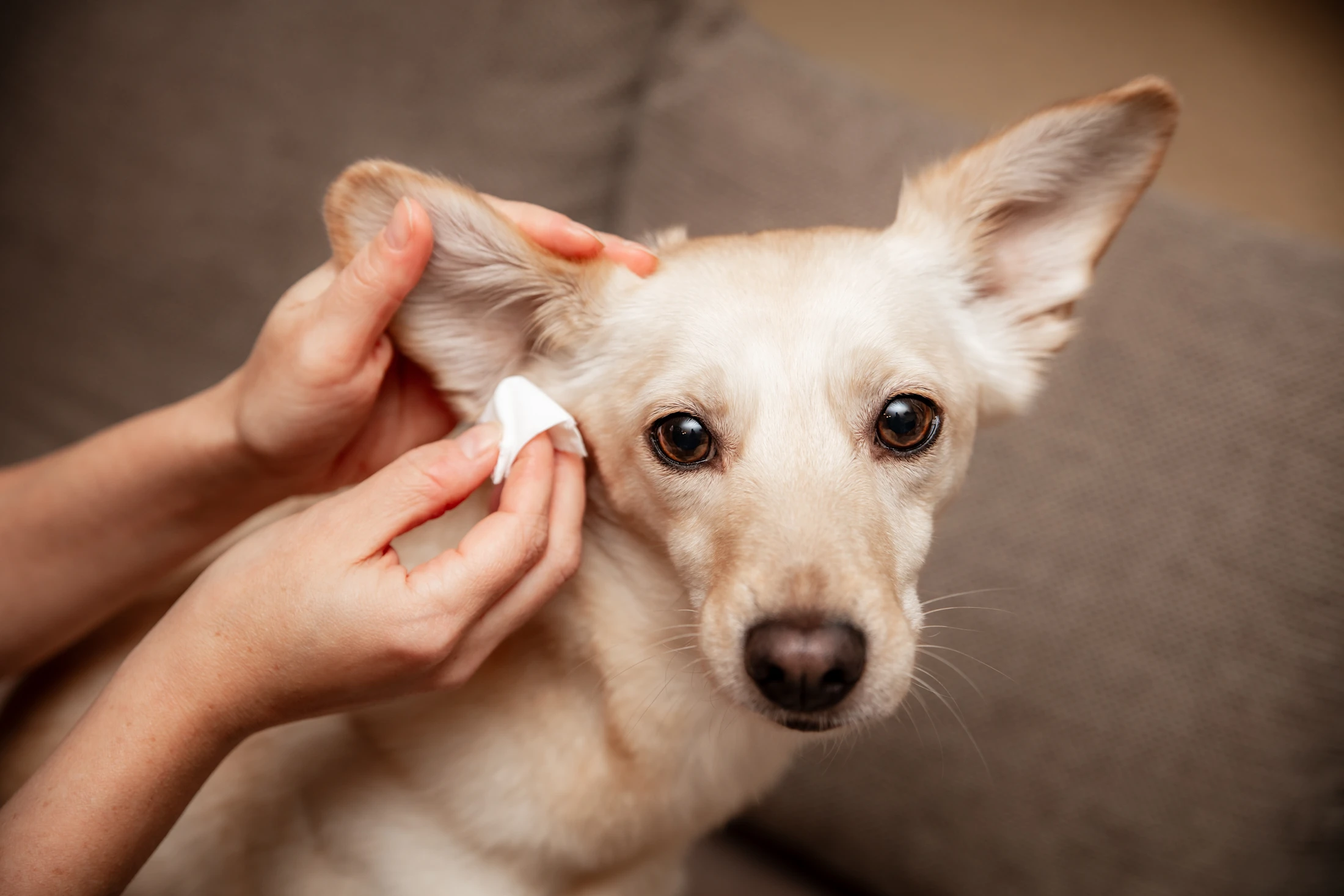When you’re ready to adopt a pet, you may not always be thinking about their future veterinary costs. But it’s important to consider vet fees when working out your budget for caring for your pet over the next several years.
Not only will your pet need food, grooming, toys, and other supplies, but they’ll need to go to the vet at least once per year. You may also need to pay for emergency services if your pet gets hurt or sick, and those can add additional strain to your budget.
But how much does it cost to go to the vet? Unfortunately, the answer is: “it depends.” While most regular vet services can cost $100 or less, some procedures and treatments can cost thousands.
As a pet rescue and foster who works with a pet rescue nonprofit in Brooklyn, I’ve seen my fair share of veterinary bills – ranging from low-cost “mom-and-pop” practices to higher-end practices with state-of-the-art diagnostics and surgeons.
Here, I’ll break down what you can expect when taking your pet to the vet:
The Basic Cost of a Vet Visit
According to the American Veterinary Medical Association (AVMA), the price of veterinary services has been rising steadily since the turn of the millennium. In 2016, the Veterinary Services Price Index was outpacing the Consumer Price Index by more than 25 percentage points.
Pet ownership is increasing, and the costs of veterinary care are also on the rise.
Veterinary care is in much higher demand than it ever was, in part because pet owners are treating their pets differently. In one study, 95% of pet parents consider their pets a part of their family. People are spending more on their pets, and they’re more willing to bring them to the vet for regular checkups.
A Breakdown of Standard Veterinary Expenses
Vet expenses vary widely depending on what services your veterinarian is providing. Veterinary practices charge for services like physical exams, diagnostic services, lab work, surgical procedures, anesthesia, hospitalization, and even overnight boarding.
Many of these services can be covered by pet insurance, which would reimburse a percentage of your out of pocket expenditures after you pay your vet.
An appointment for surgery will cost much more than a wellness visit, and regular treatments, such as those for cancer, can add up to a considerable sum over time. Here are some of the most common veterinary services and how much they typically cost.
Tests, Examinations, and Initial Vet Costs:
- Routine checkups: $50 to $250
- Spay/neuter: $160 to $220
- Vaccines per shot: $15 to $28
- Physical exams: $45 to $55
- Fecal exam: $25 to $45
- Heartworm test: $45 to $50
- Dental cleaning: $70 to $400
- Allergy testing: $195 to $300
- Geriatric screening: $85 to $110
Surgeries and Unexpected Vet Costs*:
- Bloodwork: $80 to $200
- X-rays: $150 to $250
- Ultrasounds: $300 to $600
- Short hospitalizations: $600 to $1,700
- Long hospitalizations: $1,500 to $3,500
- Wound treatment: $800 to $2,500
- Emergency surgery: $1,500 to $5000
- Oxygen therapy: $500 to $3000
(*Based on estimates by Emergency Vets USA)
Again, these prices may vary depending on where you live, what type of animal you have, what breed you have, and their health history. Even a routine exam fee can vary state-by-state. According to the ASPCA, recurring medical expenses for a dog can range from $210 to $260 depending on their size.
The good news is that you can lower the costs of these services significantly with pet insurance. For example, if you have a pet insurance plan that reimburses you for 90% of covered costs, that $5,000 emergency surgery could end up costing you just $500 out of pocket.


